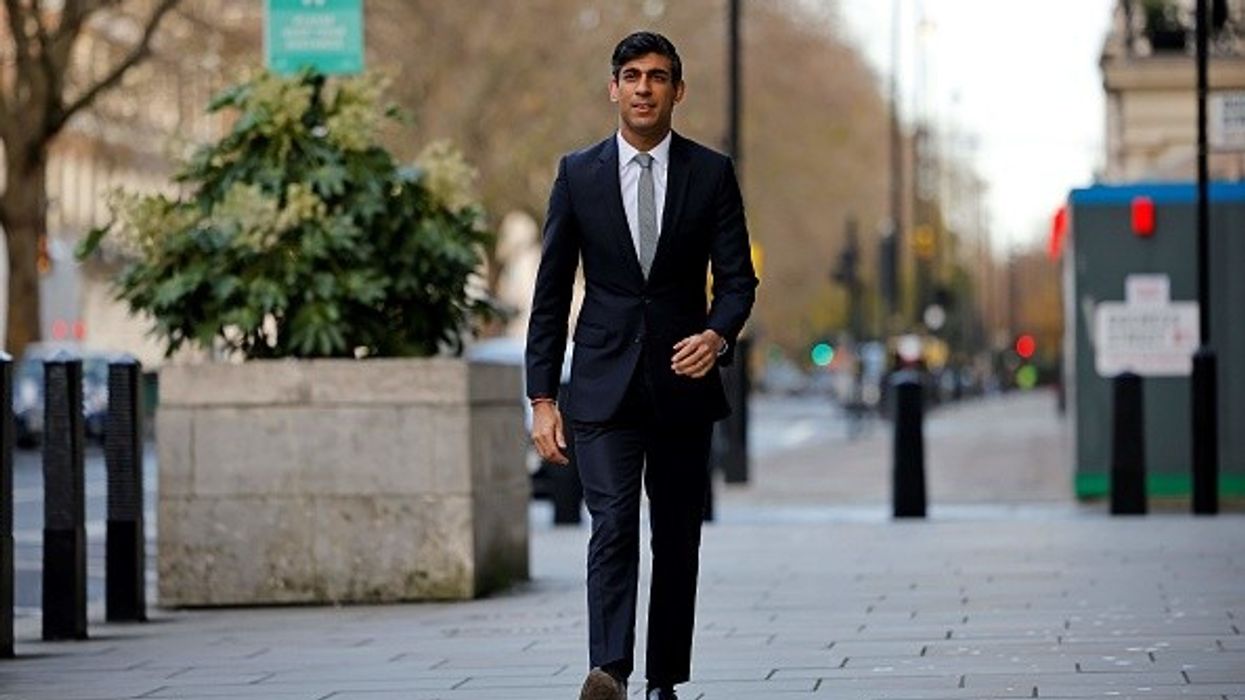FINANCE ministers from the G20 economies gathered today (9) in Venice, with global tax reform at the top of the meeting agenda.
The current meeting is being convened under the presidency of Italy.
US treasury secretary Janet Yellen, European Central Bank (ECB) chief Christine Lagarde and Russian finance minister Anton Siluanov were among those attending the meeting.
However, China and India have opted for a virtual presence in the meeting.
The G20 countries have already signed up to a framework for reform agreed on July 1 among members of the Organisation for Economic Cooperation and Development (OECD), which proposed a global minimum corporation tax rate of 15 per cent.
The member nations now seek a political deal to help the agreement, which would eventually end tax havens offered by some countries to attract global companies.
"Now is the time for the international community to rally together and build on this momentum to ensure we get the deal's final details over the line by October," British chancellor Rishi Sunak said as he set off for Venice.
Under the tax reform, other aim is to tax multinationals where they make their profits, not where they are headquartered. The move is particularly aimed at technology giants such as Google, Amazon, Facebook and Apple, which pay a meagre amount of tax compared to their income.
Meanwhile, a final agreement on the tax reforms is unlikely before the G20 leaders' summit in Rome in October, the Venice talks will enable thrashing out further details.
So far, the proposal has been backed by 131 countries.
EU members Estonia, Hungary and Ireland, which have all used low tax rates to attract investment, are among the hold-outs, while several countries such as the US and Germany are pushing for a higher rate than 15 per cent.
"Fifteen per cent for the minimum taxation on a corporate tax is a minimum, and France aims of having more than 15 per cent", French finance minister Bruno Le Maire told Bloomberg TV on Friday (9).
The G20 ministers are also expected to support an initiative by the International Monetary Fund (IMF) to increase aid to the most vulnerable countries through the allocation of $650 billion (£469bn) of special drawing rights.




